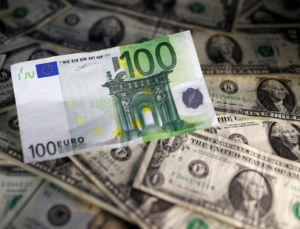China’s Deflationary Pressures: A Deepening Challenge

China’s economy faces increasing deflationary pressures as consumer inflation unexpectedly eased in September. Recent National Bureau of Statistics (NBS) data indicates that the Consumer Price Index (CPI) rose only 0.4% year-on-year, the slowest growth in three months. This decline is a significant concern, reflecting the weak domestic demand that has plagued the country’s economic activity.
The deepening producer price deflation further complicates the situation. The Producer Price Index (PPI) fell by 2.8% year-on-year in September, marking the fastest decline in six months. With expectations not being met regarding a forecasted decline of only 2.5%, analysts worry about the implications of such downward price pressures. Experts like Zhiwei Zhang from Pinpoint Asset Management note that persistent deflationary pressures demand a shift in fiscal policy to stimulate the economy.
Core inflation, which excludes volatile food and fuel prices, stood at 0.1% in September, down from 0.3% in August. This also suggests that deflation pressures were mounting.
The core reading has been in the low range of below 1.0% for 20 consecutive months, reflecting a lack of momentum in prices and the need to stimulate consumption, said Bruce Pang, Chief Economist and Head of Research in Greater China at JLL.
CPI was unchanged month-on-month, versus a 0.4% gain in August and below an estimated 0.4% increase.
Food prices rose 3.3% on year in September, compared with a 2.8% rise in August, while non-food prices were down 0.2%, reversing a 0.2% uptick in August.
The NBS said in an accompanying statement that, among non-food items, the decline in energy prices deepened, and tourism prices switched to down from up with declines in airfares and hotel accommodation widening.








